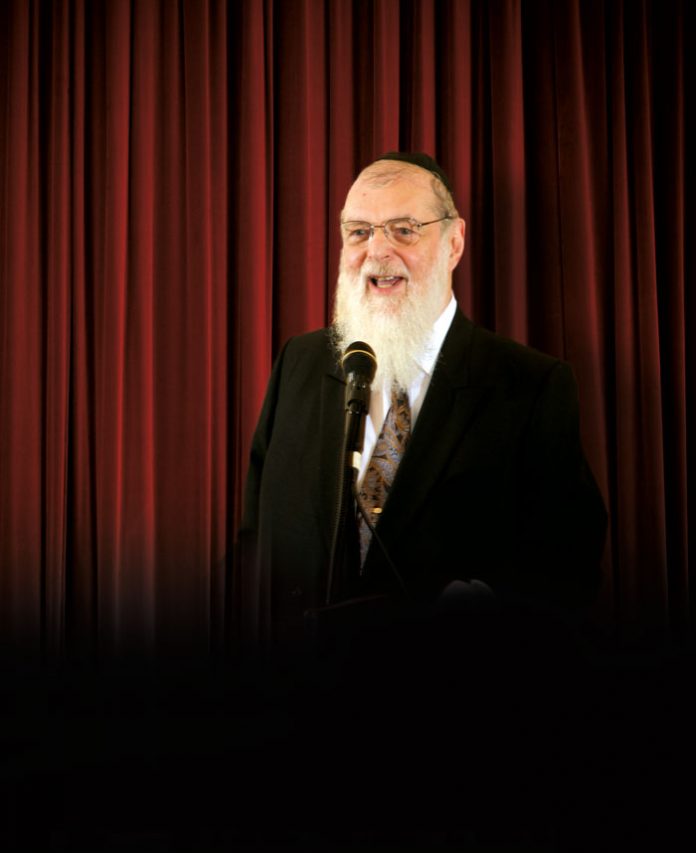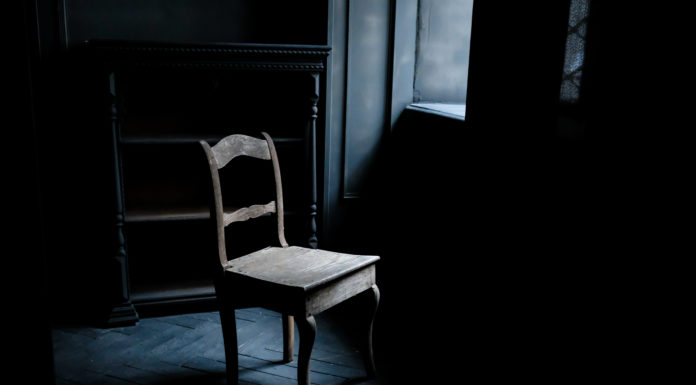Chinuch is what defines ArtScroll and everything you do.
The subject of the book is the relationship between parents, teachers and children. It’s about how best to proceed in chinuch. ArtScroll is presenting what you would call the raw materials—the text—but the book is really about those relationships.
The book contains a lot of specific questions and answers, many of which were posed to you. I would like to understand your underlying philosophy and perspective. Looking through the book, it seems like mostly commonsense advice. Would you agree with that assertion?
Yes. I’m not dogmatic; I think you have to roll with the punches and adapt yourself to the individual situation and child. That’s why a lot of my answers begin with the words “It depends.” Most of the time, the questions have something that wasn’t said hidden between the lines. There may be something going on at home, or the parents might be telling only one side of the story about a problem they’re having with the child’s school or teacher. That’s why “it depends.” You need to have a lot more information in order to give a definitive answer.
What benefit can the public derive from questions that are very specific to certain circumstances?
The answer is that while the questions may be specific, in a broader sense they refer to issues that are more or less universal: discipline, homework, how to deal with a child who’s socially backward, sibling rivalry. Every family is unique, but these are really broad topics.
Rav Reuven Feinstein once pointed out to me that Rav Moshe, zt”l, wrote in the hakdamah to his Igros Moshe that people shouldn’t rely on the piskei dinim it contains; the only reason he published his teshuvos was to illustrate the methodology. That’s because a final decision always depends on the specific circumstances.
That’s a perfect description of this book. As you can see from my answers, I consistently stress that what I’m saying cannot be a definitive answer to whatever question was posed, because too many details are missing. My answers are really generalities.
There’s a quote in the book from a rebbe I had a discussion with about ten years ago whose name escapes me right now. We were both old-timers in chinuch—that’s what I was doing until 41 years ago, when I began at ArtScroll. He said, “When we started out, the parents were afraid of the rebbe, and the children were afraid of the parents. Today, the rebbe is afraid of the parents, and the parents are afraid of the children.” That puts things very succinctly.
Today’s chinuch is very interesting. On the one hand, it’s much better than it was. The rebbeim are better trained, the education is more systematic, and the curricula are better than they used to be. On the other hand, it’s harder because you’re not allowed to discipline children. Nowadays, parents always blame the rebbe. A child comes home from school with a horror story and the parents don’t give the rebbe the benefit of the doubt. They don’t try to find out what really happened—or at least someone else’s version of what happened. They immediately blame the rebbe.
This generation has empowered children to a great extent.
That’s right. What used to be called chutzpah is now self-expression or self-esteem.
Do you think that our methodology needs to change because of that?
Yes. Things have changed and they continue to change. The old way doesn’t work anymore.
I guess we have to go with the softer approach, as all of the roshei yeshivah are now emphasizing. We have to take a more persuasive approach.
That’s right.
Are all the questions in your book contemporary, or do some of them go back a few years and might therefore possibly be a bit outdated?
The column in the Yated from which these questions are excerpted began nine years ago. I asked one of my sons, who is a master teacher and a phenomenal rebbe, to go through them and take out those that might not be relevant. He said that they could have all been written today. Some of the questions are more recent anyway, but the world hasn’t changed that much in nine years in terms of the insistence on self-expression and self-esteem, and not being harsh with children. What used to be considered routine discipline is now considered child abuse. The book contains a quote from the late Clifton Fadiman, who was a secular authority and thinker, which I’ve repeated many times. Referring to his children he said, “I don’t want to be a pal, I want to be a father.” There’s no contradiction between love and distance.





















